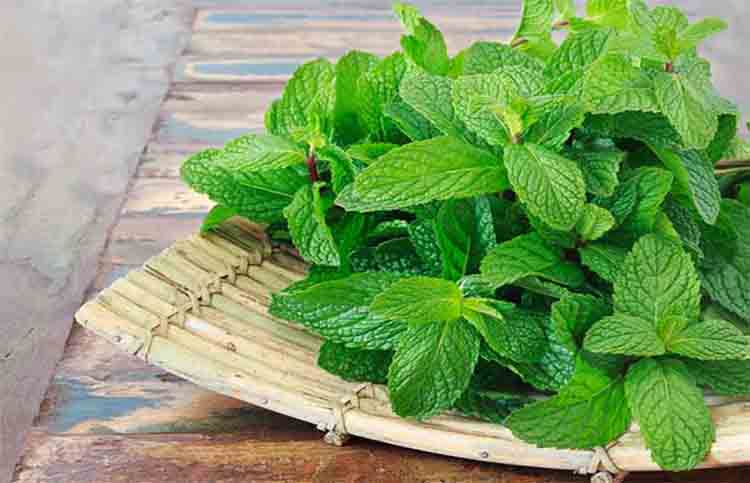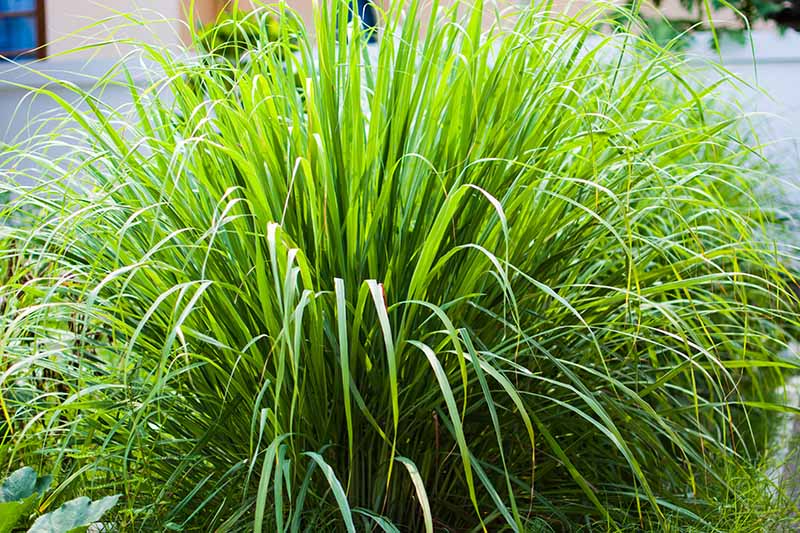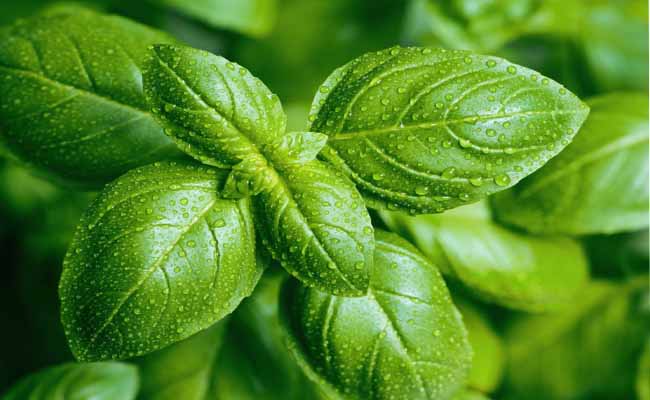5 Best Immunity Booster Herbs You Can Grow At Home
Immunity is the most recent thing we aretalking about and focusing on. This will not be a shockfor you that you can grow immunity boosters in your homes.
Some herbs, from ancient times, are considered important and powerful. These herbs are easy to grow and abundant on your window sill, and they don't take much maintenance. No doubt they can also add a magical taste in your meals. Here is a list of herbs which you can grow in your garden and will work as immunity booster.
Ajwain leaf
The ‘doddapatre' plant, also known as karpooravalli, ajwain leaf, Indian borage, and Mexican mint, is an age-old cough and cold treatment. It has a pungent flavor and a powerful aroma, and it can be grown from any cutting, though the thicker portions are preferable. Cough, cold, fever, indigestion, and wheezing can all be avoided by toasting, crushing, and eating the broad fleshy leaves of this hardy plant with salt or honey. They can also be sauteed and whipped into a variety of tasty chutneys.

Pudina
Don't toss away the stems the next time you use a bunch of mint or 'pudina' leaves in a recipe. Pick out the thick ones and place them in a moist soil-filled planter. Place it in a sunny area and water it regularly, and you'll have a beautiful plant full of antioxidants, vitamins, and minerals like iron, calcium, and phosphorous in a matter of days. Mint is a wonderful digestive, mouth refresher, and nasal channel clearer, in addition to being a simple yet delicious addition to your meal preparations. It can be added to iced tea or simply steamed in water, strained, and consumed. Even better, chew a handful of leaves to improve your immunity.

Tulsi
Tulsi need no introduction because it can be found in almost every Indian home. The miraculous powers of the holy plant might help you stay healthy. The plant's seeds can be picked and planted in the soil to generate new plants, while regular pruning keeps your plant thick and bushy. Infuse the leaves in water, cool, and drink throughout the day, or add it to black or herbal tea for a delicious flavor. Colds, coughs, and other diseases will be kept at bay.

Lemongrass
Lemongrass, despite its sophisticated name, is one of the easiest plants to grow. Simply plant it in your garden and watch it grow larger and taller with each passing day. It pairs well with Asian curries, soups, and black teas thanks to its lemony ginger flavour. It does wonders for your health when steeped in water, boiled, and drunk first thing in the morning on an empty stomach. Lemongrass' anti-inflammatory properties improve oral health and red blood cell levels, while its aroma reduces tension and anxiety. Lemongrass oil is quite popular in aromatherapy because of this.

Italian herbs
Italian herbs like rosemary, sage, basil, fennel, and oregano are delicious, nutritious, and simple to grow. They are antibacterial, memory enhancers, and metabolism boosters. Some of the easiest plants to grow are Italian herbs. You can use a red soil and organic manure potting mix, and trim them often to keep them bushy. After trimming the leaves, you can wash them, dry them in the sun, and store them in a container.